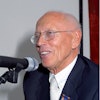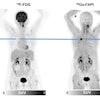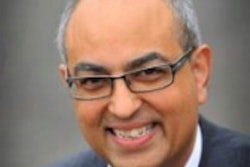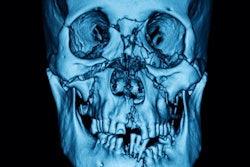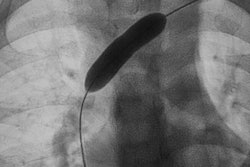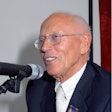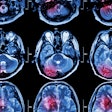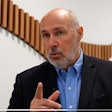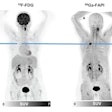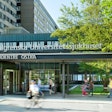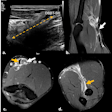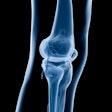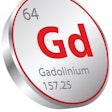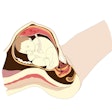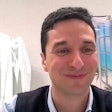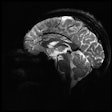
The recently established Working Group on Health Policy Responsibility (Arbeitsgemeinschaft Gesundheitspolitische Verantwortung, AG GPV) means the German Röntgen Society (Deutsche Röntgengesellschaft, DRG) can now offer a platform for all radiologists who are politically active and want to help shape the future of radiology in cooperation with the Professional Association of German Radiologists (Berufsverband der Deutschen Radiologen, BDR).
In this interview, the chairman of the working group, Dr. Lars Benjamin Fritz, expresses his own reasons for involvement.
Q: Why did you get involved in the new working group?
A: Over the past few decades, radiologists have primarily concerned themselves with achieving higher quality and safety in the methods they use. My focus was almost exclusively on medical matters in order to become better as a doctor and radiologist. The deficit that has thus arisen has only become clear over the last few years, but in a completely different area: Our representation, and therefore also our appreciation, within the (subsidiary) self-governing medical profession and in health policy is approaching zero.
 Dr. Lars Benjamin Fritz.
Dr. Lars Benjamin Fritz.Important professional policy decisions that are often economically driven are increasingly being made to the detriment of quality and safety in radiology. Unless we radiologists change this, this development will endanger our existence in the medium to long term. We can only stop this development if more people who understand something about quality and safety in radiology get involved in medical self-government bodies and health policy. I would therefore like to encourage more radiologists to come out from behind their diagnostic monitors and actively support our specialty.
Q: Which professional policy issues do you care about most deeply?
A: Medical ethos is particularly close to my heart. It is summarized in our medical pledge, which was modernized by the World Medical Association at the end of 2017. Compliance with or disregard of these principles not only maintains or destroys the honor of a good doctor but also the sustainability of any health system. The smallest unit in the multifaceted prism of the health system is doctors and their patients. We therefore have a great responsibility. The solidarity of all doctors and the common responsibility for medical values are important to me.
In times of economic drivers and digitization, we will not lose sight of our primary goal: the health of our patients. I am for clear words. This also applies, for example, to the medical license code. Radiology must be explicitly listed here as an independent and clinical specialty and must no longer be subsumed under "imaging procedures."
The content of the specialist training, as defined in the (national) model advanced training regulations -- respectively the advanced training regulations of state medical associations -- must be the basis for the boundaries of medical activity within specialty domains. This also serves to protect our interdependent and self-regulating system in which we, as doctors, work. And radiology must no longer be exposed to the danger of being sold out to other medical specialties or the business models of clever entrepreneurs.
Q: Why should radiologists get involved in health policy?
A: Radiologists together make up around 2% of the medical profession in Germany. Their representation among medical mandate holders in the bodies of medical self-government is even smaller. This means that the voice of radiology in professional politics and national politics is not very audible or familiar. But only when radiologists show themselves can the general public get to know, appreciate, and respect them.
The method-defined approach of radiology leads to an overlap in content with most other medical specialties. This applies both to the clinic and to professional policy and makes radiology particularly sensitive. Due to its very high degree of interdependent crossover, on the one hand, radiology has an integrative effect and can contribute to bringing the medical profession closer together before economic interests. On the other hand, however, with its core activity -- the application of diagnostic methods -- radiology is highly exposed to the interests of the overlapping specialist areas and the dynamics of disruptive business models.
Radiological know-how in medical self-government and health policy must increase significantly so that radiology is visible, known, and valued as a field with a high degree of interdependency that promotes quality and patient safety in medicine.
Editor's note: This is an edited version of a translation of an article published in German online by the DRG. Translation by Frances Rylands-Monk. To read the original version, go to the DRG website.
